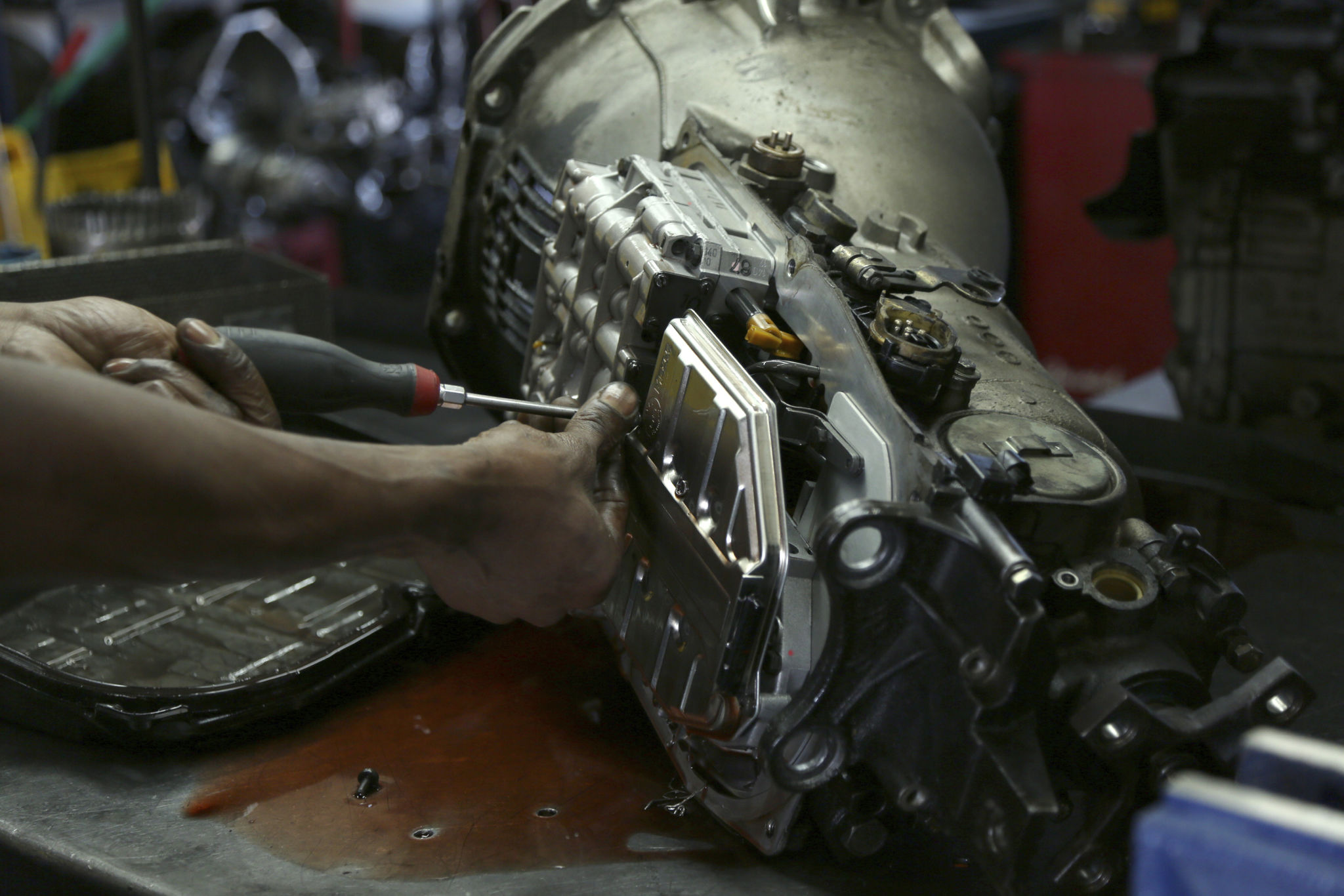Common Car Problems and How to Fix Them: A Mechanic's Insight
Engine Overheating
One of the most common issues drivers face is engine overheating. This problem can stem from a variety of causes, including a malfunctioning thermostat, a leaking cooling system, or a clogged radiator. If you notice your temperature gauge rising rapidly, it's crucial to address the issue promptly to prevent severe engine damage.
To fix this, start by checking the coolant level in your radiator. Ensure that it is filled to the recommended level. Next, inspect the radiator for any visible leaks or blockages. If everything appears normal, it might be wise to consult a mechanic to check the thermostat and other cooling system components.

Battery Issues
Batteries are essential for starting your car and powering its electrical components. However, they can fail unexpectedly, leaving you stranded. Common signs of a failing battery include dim headlights, slow engine crank, and warning lights on the dashboard.
If you suspect a battery issue, first check for corrosion on the battery terminals. Clean them with a mixture of baking soda and water if necessary. Additionally, ensure the battery connections are tight. If problems persist, consider having your battery tested at an auto parts store or replacing it if it's over three years old.
Brake Problems
Brakes are a critical safety component of your vehicle, and any issues should be addressed immediately. Common signs of brake problems include squeaking or grinding noises, a spongy brake pedal, and vibrations when braking.
To address brake issues, start by inspecting the brake pads for wear. If they appear thin or worn out, replace them immediately. Additionally, check the brake fluid level and top it up if necessary. If you're not comfortable doing these checks yourself, it's essential to have a professional mechanic evaluate your braking system.

Tire Troubles
Tires are your vehicle's point of contact with the road, making their condition crucial for safety and performance. Common tire problems include low pressure, uneven wear, and punctures.
Regularly check your tire pressure to ensure it matches the manufacturer's recommendations. Rotate your tires every 5,000 to 7,000 miles to promote even wear. If you notice any punctures or damage, it's best to have them repaired or replaced by a professional.
Transmission Issues
Transmission problems can manifest as slipping gears, delayed shifts, or strange noises when accelerating. These issues can significantly impact your vehicle's performance and longevity.
If you experience transmission issues, check the transmission fluid level and quality. Low or dirty transmission fluid can cause many problems. If topping up or changing the fluid doesn't resolve the issue, it's advisable to seek professional diagnostic and repair services.

Electrical System Failures
The electrical system in modern vehicles is complex and vital for many functions such as lighting, starting the engine, and operating accessories. Signs of electrical issues include flickering lights, malfunctioning dashboard indicators, and problems with power windows or locks.
Begin troubleshooting by checking the fuse box for any blown fuses. Replace any that are faulty. Also, inspect wiring connections for damage or looseness. If electrical problems continue, a qualified mechanic should further diagnose the issue using specialized equipment.
Suspension System Concerns
The suspension system ensures a smooth ride and maintains vehicle stability. Symptoms of suspension issues include excessive bouncing, uneven tire wear, and difficulty steering.
If you suspect suspension problems, examine the shock absorbers and struts for leaks or damage. Check for any worn or broken suspension components like bushings or control arms. Regular maintenance and timely replacement of worn parts can prevent more significant problems down the road.
